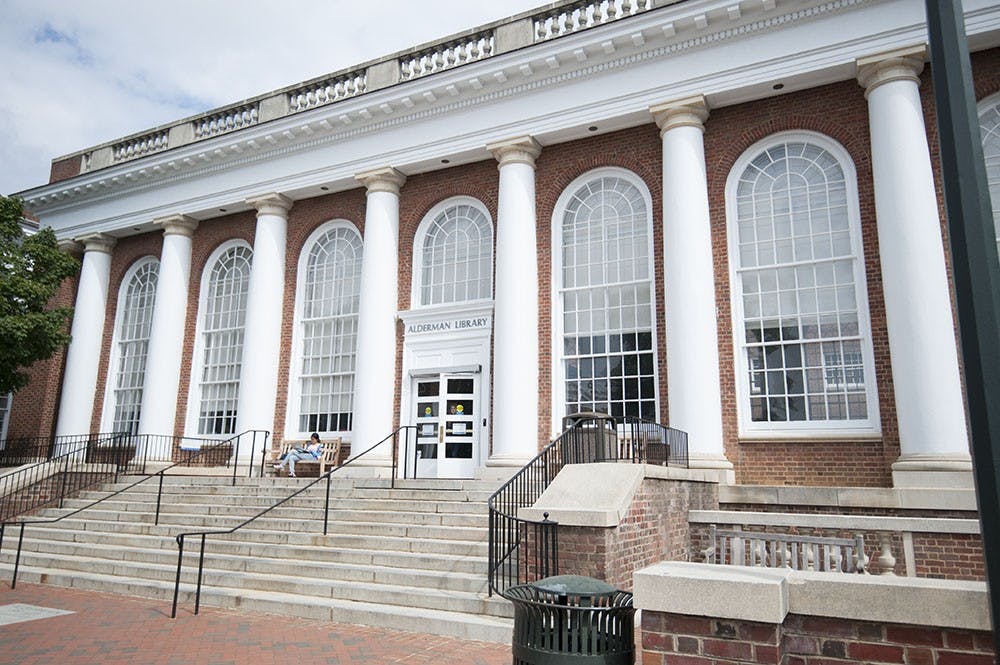The U.S. Court of Appeals for the 11th Circuit revoked the quantitative benchmarks previously used in determining what constitutes “fair use” of copyright material Friday — a decision which could have implications down the road for colleges and universities and their use of electronic resources.
According to the doctrine of fair use, portions of copyrighted works are allowed to be used in a nonprofit, educational context without permission from the copyright holder. The appellate court, which covers Georgia, Florida and Alabama, rejected doctrine which allowed for up to 10 percent of a work, or one chapter, be used in this manner.
Provisions for fair use were created to allow academics to share and expand upon each other’s publications without paying restrictive fees.
“When we talk about fair use, we’re talking about use in a teaching environment, use in a research environment,” said Ellen Ramsey, the institutional repository librarian at the University. “Scholars, at whatever level, want to discuss and analyze the ideas of other scholars.”
In the case, Cambridge v. Patton, the court ruled in favor of a more individual case-by-case evaluation of what is considered fair use, potentially making it more difficult for instructors to ascertain how much material they are permitted to scan and distribute through online course sites to students.
“When you’re teaching, you want to use the stuff that is most appropriate,” Ramsey said. “What the ruling was about were works in the classroom, the kind of stuff you would see put up on Collab as required readings or articles for class.”
Systems such as Collab often present ambiguous copyright distinctions.
“Like many recent issues in copyright law, this is a case in which technological advances have created a new, more efficient means of delivery for copyrighted works, causing copyright owners and consumers to struggle to define the appropriate boundaries of copyright protection in the new digital marketplace,” the court’s decision read.
Scholars are allowed to bring cameras into the reading room of the University Special Collections Library to take images for research purposes. Though almost anything published before 1923 is now part of the public domain, Friday’s court decision will impact more recent material still protected by copyright, meaning students should be cautious about how they choose to use digitized versions of these works.
"When people take cameras into our reading room, we have them sign an agreement that states that they are responsible for recognizing that they can't just share the item without ensuring that it's free to be shared," Special Collections curator Molly Schwartzburg said.
Efforts by the University’s libraries are taken to ensure students and faculty understand and abide by copyright laws, including those put into place by Friday’s ruling. One of Ramsey’s roles is to educate the community about open access.
“When you as a scholar, whether you’re an undergraduate or whether you’re a professional, ... produce a piece of scholarship, you own the copyright to that scholarship unless you give it away," Ramsey said. “One of the things I work hard to do is to educate people on their rights as an author.”
This week, the library will host Open Access Week, and there will be a number of events taking place on Grounds regarding copyright issues and awareness. In addition to programming for faculty and graduate students, there will also be a seminar for undergraduates.
Along with Student Academic Support Librarian Maggie Nunley, Ramsey will teach a flash seminar titled “Hoos Copyright Is It?” Thursday to discuss the promotion and protection of knowledge and the basics of ownership which remain constant even in the digital world.







